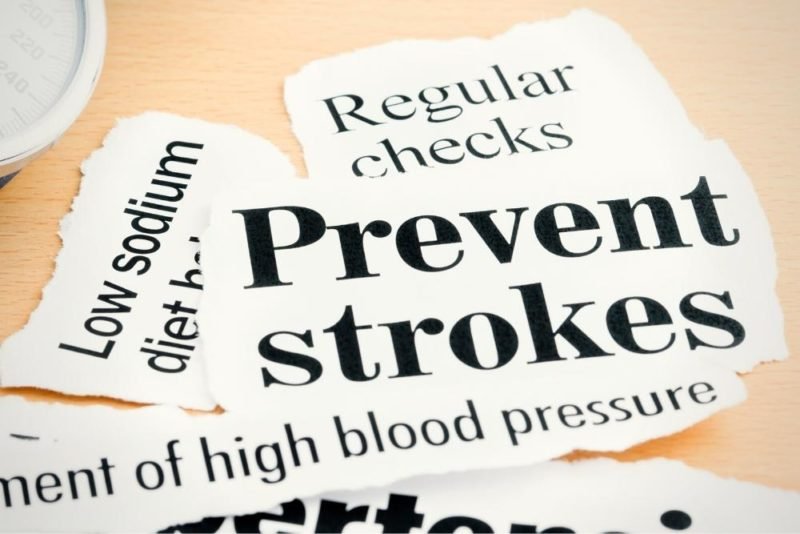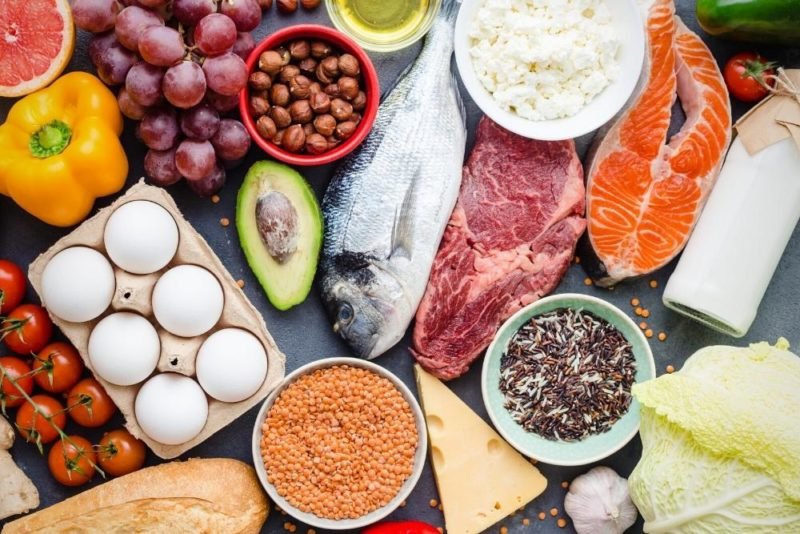A few little secrets about nutrition science
[ad_1]

I once had a consumer who subscribed to a ton of overall health-nourishment-wellness e-mail newsletters. She usually found that her mornings would slip, slip, slip away as she fell down the newsletter rabbit gap. She told me that she was continuously seeking for that just one “secret” to much better well being that her buddies did not know so SHE could be the 1 to bestow this newfound understanding. Regrettably, spending most mornings browsing for this holy grail got in the way of her basically carrying out issues that would guidance her well being and wellbeing, like going for a wander, accomplishing yoga or meditating.
(Immediately after discussing how if some thing “secret” genuinely worked, it wouldn’t be a mystery, we also agreed that she would unsubscribe from some of those emails.)
I have a master’s diploma in nutrition science, and I am clearheaded on the strengths and weaknesses of this science. For instance, a single unfortunate reality about nourishment science that gets ignored by media coverage of new studies is that it is not often groundbreaking. It’s prevalent for the worth of exploration findings to be exaggerated, not just in push releases place out by the universities or other research institutions, but frequently in the true study abstracts. (The abstract is the summary of the study, the tldr, if you will.)
This is why I seldom (Pretty seldom) cite a research if I can not get my hands on the whole text of the research paper and examine it for myself. At the very least just one exploration analyze has assessed how generally abstracts and push releases unsuccessful to properly symbolize the complete research article. What the authors found was very pathetic. Section of the dilemma is that scientists require to justify their funding, and if they need to have to make their findings seem additional critical than they are, then they may do just that.

Hunting over and above the headlines
I go through article content in the mainstream media every single single day that misrepresent the real results of scientific investigation. (This comes about far more in newspapers and sites, not so substantially in magazines, mostly because they have lengthier lead moments and so are a lot more thoroughly edited.) When you get to weblogs and email blasts, it can be even even worse.
At times, it is the headline that’s misleading, whilst the posting or publish is in fact fairly well balanced. Even so, since several individuals just skim headlines, this is nonetheless a difficulty. (Elevate your hand if you from time to time never ever make it previous the headline or it’s possible the 1st paragraph.) This is 1 reason why folks are so bewildered about how to take in! I have invested a whole lot of time working with the fallout of this misinformation amid my customers.
Frequently, that fallout sales opportunities not just to confusion, but to feeding on from a put of anxiety and judgment somewhat than from a location of nurturing and self-treatment. It success in creating food items selections based mostly on beliefs and self-critical ideas about what and how much to try to eat. It even more erodes the ability to belief our bodies to explain to us what, and how considerably, to consume on a certain working day, or at a certain meal. As I generally say to my clients, why and how you consume is normally far more critical than what you take in.

Spoiler notify: there’s no magic bullet
If you like to browse nourishment news, be thorough about any story that promises that a single study improvements everything we considered we knew about nutrition. If a study completely contradicts all earlier exploration on a subject, it is attainable that:
- The new study is flawed
- The findings have been uneventful but received exaggerated in the press launch
- The scientists are on to one thing, but that we’ll need more study with very similar findings to affirm it
That’s 1 rule about scientific investigate — other researchers will have to be in a position to replicate individuals findings. What we know about nutrition does alter in excess of time. That is the mother nature of the scientific course of action, as we check with questions, request solutions as a result of exploration, then use these responses to talk to new questions. However, this is a slow, gradual process. Nutrition science does not transform on a dime.
The unsexy reality about nourishment is that:
- There is no one suitable way to eat for just about every one individual.
- Cultivating a healthful connection with food items may possibly be just as critical (in some conditions far more significant) than the foodstuff alone.
Therapeutic a fraught, principles-based mostly romantic relationship with foodstuff allows you to believe in your body’s knowledge and uncover a equilibrium of “nutritious” food items and “fun” food items that is right for you. And like any romantic relationship, it requires get the job done.
There no magic meals, no magic selection of energy, no magic macronutrient ratio. So why do we hold squandering our time looking for a holy grail rather of investing that time in discovering about ourselves and what we genuinely have to have to sense effectively?

There’s a exclusive location in hell for excess weight reduction exploration
Oh, don’t even get me started off. Oops…too late. If abstracts and institutional push releases are dodgy on quite a few experiments that have nothing to do with body weight reduction, they get positively rotten when body weight loss is the subject. Obtain me a pounds reduction analyze that doesn’t begin out with gloom-and-doom statements about the “ob*sity epidemic” and I’ll take in my hat.
In lots of conditions, these statements never have a quotation to again it up (due to the fact we all KNOW that remaining fat is the worst issue to ever transpire to wellness [insert eye roll]), but when they do it’s to some other analyze that is also making assumptions. Or, at ideal, chatting about ASSOCIATIONS in between excess weight and well being (and, remember, association are unable to confirm result in and outcome).
It is a exploration dwelling of cards.
Fatphobia in healthcare…and wellbeing science

Fatphobia in health care is a quite serious matter, and it also receives tremendous authentic in nourishment and health and fitness research. I examine a large amount of investigate on body weight and wellbeing as very well as on bodyweight stigma, and a couple of points are apparent:
- Scientists have not uncovered a way to lose fat and continue to keep it off for the extended phrase.
- Experiments that assert they’ve created “successful” excess weight loss end next up with contributors correct close to the stage the place persons who drop pounds deliberately commence regaining it. (Some of this is logistical, because of to study funding jogging out, but I question if occasionally it is also strategic.)
- Practically no studies on excess weight and health look at the impartial adverse wellbeing outcomes of excess weight stigma and yo-yo dieting.
- No scientific tests have demonstrated that previously excess fat persons have the similar health — and the exact same danger of loss of life owing to disease — as a fairly equal team of constantly-slim people. (This may possibly partly be simply because of #1.)
- Reports that assert to display overall health advancements with a modest amount of excess weight reduction (anyplace from 3-10% of starting up body weight), gloss about the notion that issues like elevated physical activity and improved meals may perhaps have in truth been accountable for noticed health improvements, not the weight loss alone. (The research on the Diabetic issues Prevention Method, where most individuals have been in a position to sustain raises in physical action and did not reduce significantly pounds, is a traditional case in point.)
(Really do not just take my word for it, browse Ragen Chastain’s report “Who Says Dieting Fails Most Of The Time?” and “The “I Could Locate 15 Studies” Fallacy.” Oh, and “Myths About the Failure Rate of Dieting.” And peruse the rest of the archives of her “Weight and Healthcare” Substack newsletter. But do not do it when you would usually be having care of on your own in tangible ways….like likely for a walk, carrying out yoga, or meditating!
Carrie Dennett is a Pacific Northwest-based registered dietitian nutritionist, freelance author, intuitive feeding on counselor, creator, and speaker. Her superpowers contain busting diet myths and empowering women to really feel superior in their bodies and make foods alternatives that support enjoyment, nutrition and wellness.
 Print This Put up
Print This Put up
[ad_2]
Source url



